Plateau State is Ripe for Investments, ready for Partnerships and Collaboration – Gov. Mutfwang
By Ralph Madugu
Plateau State is ripe for investments! Plateau is ready for partnerships and collaboration.
Those were the words of Governor Caleb Mutfwang of Plateau State in an address he delivered recently at the United States Institute of Peace, USIP, in Washington DC.
In his presentation titled, “Reflections on Plateau State’s Current State of Play and Forward-Looking Perspectives,” Gov Mutfwang recalled that the relationship between Plateau State and the United States Institute of Peace dates back to 2014 USIP’s support for the Yelwa Shendam Peace Process that addressed the challenges faced by locals in the community.
According to Mutfwang, Plateau was perhaps the first state to receive USIP support for her Peace Building Agency, which provided funds for from take-off till it mature enough to undertake its core mandate of undertaking peace initiatives.
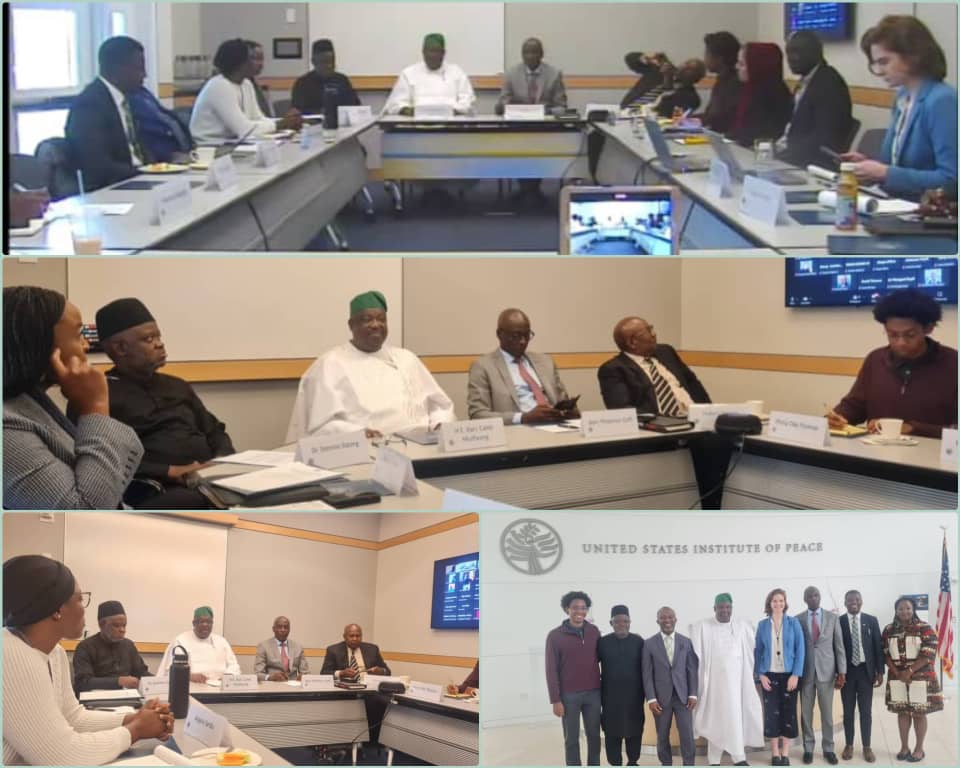
Said he: “Let me also state that Plateau is also a beneficiary of the Network of Nigerian Facilitators (NNF) Programme implemented by USIP. The support provided to the NNF to work in Mangu local government on peace mediation is also being replicated in the Ganawuri- Manchok areas in Plateau State. USIP’s model in supporting local partners is key towards sustainability of impactful initiatives.
Highlighting some of the natural endowments that Plateau State was blessed with, the governor said “Plateau State is the twelfth-largest Nigerian state. It’s located near the capital of Nigeria and includes a range of hills surrounding the Jos Plateau, its capital, and the entire plateau itself. Plateau State is described as “The Home of Peace and Tourism” due to its natural formations of rocks, hills and waterfalls. It derives its name from the Jos Plateau. Plateau State is strategically located in the North Central part of Nigeria. The state is greatly endowed economically, by virtue of its rich agriculture, solid minerals, power potentials and tourism with vast land.
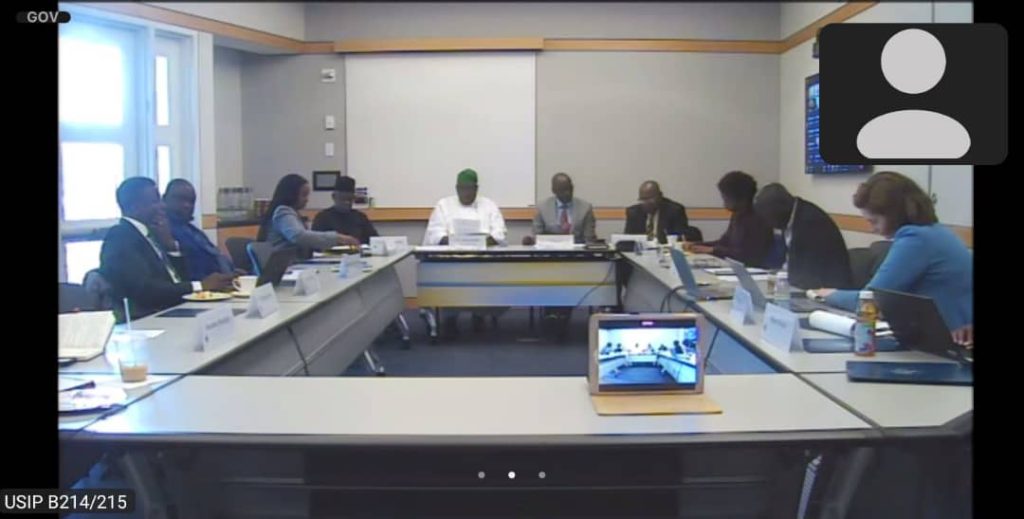
“Although situated in the tropical zone, the higher altitude gives the state a near-temperate climate, with an average temperature between 13 and 22 °C.
Known for its heterogeneity, the state has about 54 autochthonous ethnic groups, among which are the Tarok, Ankwei, Angas, Jarawa, Berom, Mwaghavul, among others. The mining industry attracted Europeans and other foreign nationals, while trade and other geographical advantages drew Igbo (Ibo), Hausa and Yoruba immigrants into the state.
He added that Plateau State is a reflection of the diversity of Nigeria with different ethnic groups, different faiths, but who have all historically lived peacefully with each other.
He stated that though the media is filled with “erroneous narrative of farmers-Herders / Indigenes- Settler’s clash”, there was no violent and disruptive conflict between herders and farmers in Plateau State adding that this narrative had been imposed by the media and persons who want to sound politically correct.
Mutfwang acknowledged that while it was true that there had been skirmishes between farmers and herders, they had traditionally coexisted symbiotically.
According to him, these skirmishes were usually settled using traditional dispute mechanisms stating that what is being experienced currently were the violent activities of terrorists and bandits, carrying offensive military-type weapons, ravaging rural Plateau, killing and sacking the local populations, and taking over the land.
“Today, dozens of communities in Riyom, Barkin Ladi, Mangu, Bokkos LGAs have been sacked by the bandits and taken over by armed grazing marauders. These cannot be referred to as conflict between farmers and herders.
“It will interest you to know that the Plateau conflict is not isolated. It is replicated in key states of the Middle Belt: Nasarawa, Benue, Taraba, the FCT, Niger, Kaduna, and the Northwestern states of Katsina, Kebbi, Sokoto and Zamfara.”
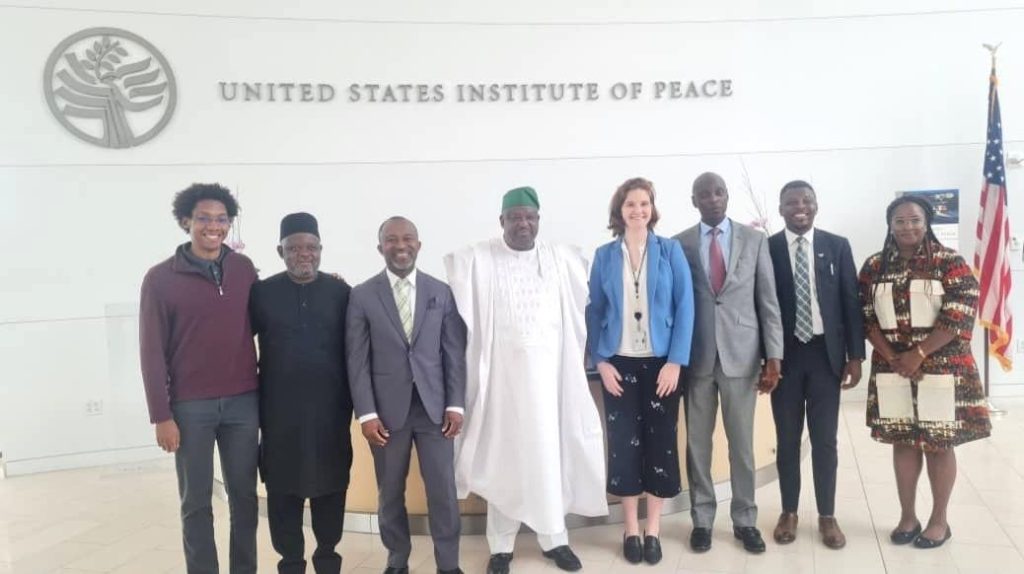
Mutfwang further added that the suspected “instigators and beneficiaries of these conflicts” have often given the crises a religious colouration since the 1990s, however, religion has only been used as a “convenient survival strategy for political advantage and economic dominance.”
Referring to the 2001 crisis as the single largest violent conflict that happened within the city of Jos during which over 1000 persons were killed, it “upset and reconfigured Jos the capital city.”
The governor pointed that with some measures taken in recent times, there was substantial recovery, stating that the conflict had moved to rural Plateau as part of a general trend of banditry and terrorism perpetrated by armed groups.
Characterised by large scale killings, land grabbing and displacement of indigenous populations, governor described the current conflict as that driven by “sheer criminality, economic downturn and subsequent youth unemployment, unending hunger for grazing land and water resources (rivers, ponds, lakes), desert encroachment in the far north, harsh weather conditions in the Sahel, the conflict in the Sahel and availability and proliferation of offensive weapons in the hands of armed groups.”
Mutfwang listed the insensitivity in the design of the Nigerian security architecture in the recent past as one factor that had largely contributed to the inability to surmount the challenge faced in the Northwest and the Boko Haram ravaged North East which have all added to fueling the Plateau conflict.
The governor while highlighting some public and private efforts in curbing the conflict and build peace said “Peace and conflict resolution sessions midwifed by govt, involving stakeholders, establishment of, and support for structures like Plateau Elders Forum, Inter Religious Council, professional Groups, Traditional Rulers Forum, Youth Councils, the establishment of the Plateau Peacebuilding Agency, Commissions of Inquiry followed with Government White Papers in each case; support for and collaboration with peacebuilding entities like Humanitarian Dialogue Centre, USIP, Search for Common Ground, Tear Fund, GIZ, International Centre for Peace and Reconciliation, etc.
Intense collaboration with security agencies to arrest the spade of rural killings and banditry.”
While reiterating the commitment and determination of his administration to promoting the diversity and peaceful coexistence of all the groups living in the State, the governor said since assumption of office, government had insisted on observing the rule of law.
“In the same vein, we are equally determined to work with security agencies to fight bandits and terrorists from killing citizens, destroying of rural communities and land grabbing.”
Mutfwang restated that the narrative about farmer herders’ conflict is NOT TRUE emphasizing that the farmers and herders on the Plateau were certainly not at war with each other rather, armed groups, bandits and terrorists were fighting in rural Plateau to grab land.
“I also call for understanding and collaboration in branding these marauders and groups that support them as terrorists and bandits and nothing less. This is a necessary to lay the foundations for stability and development in Nigeria and hopefully Africa.”

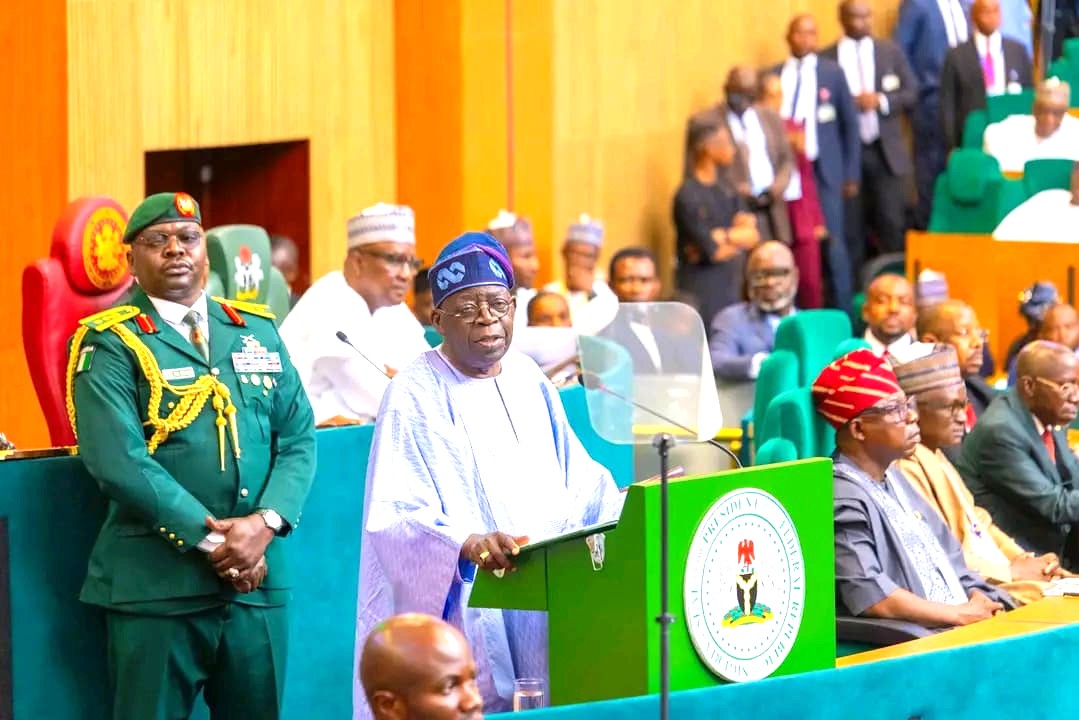
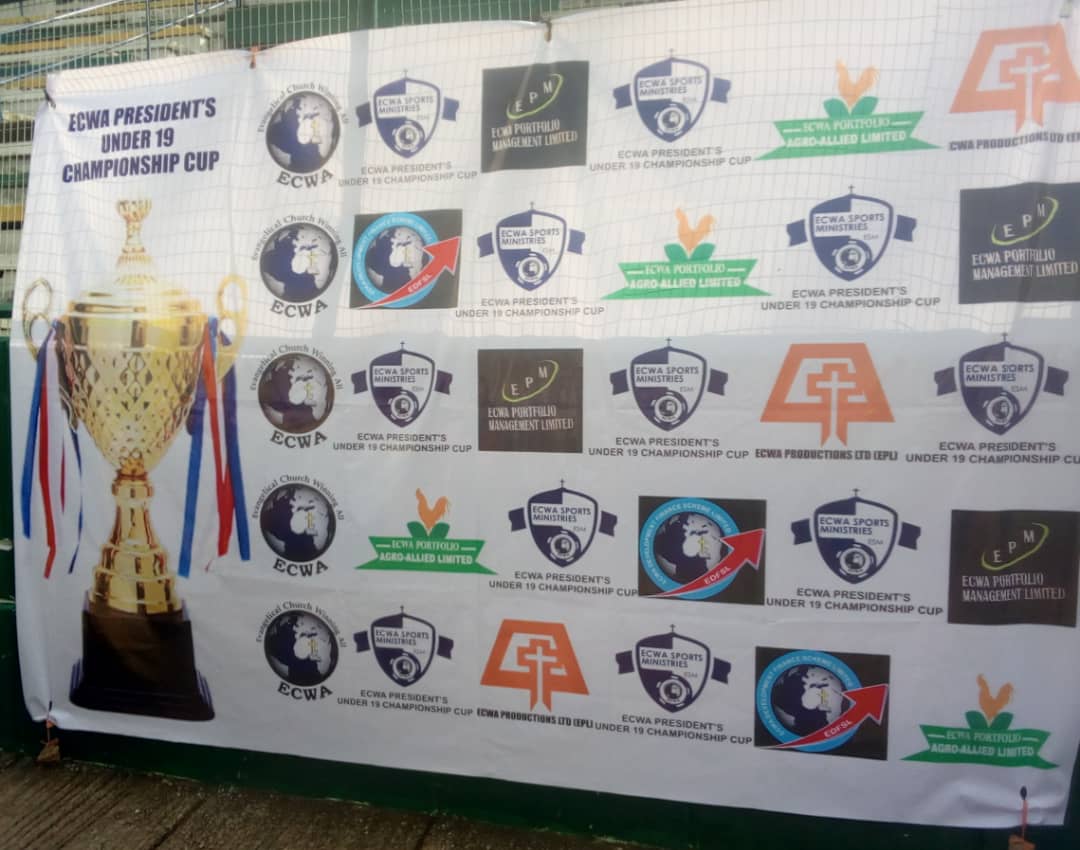
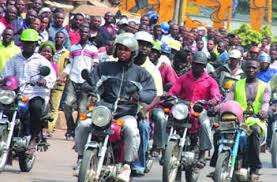
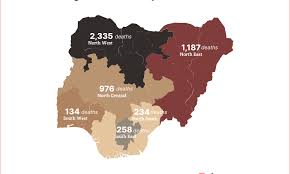

Post Comment